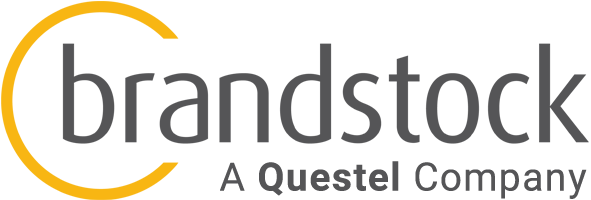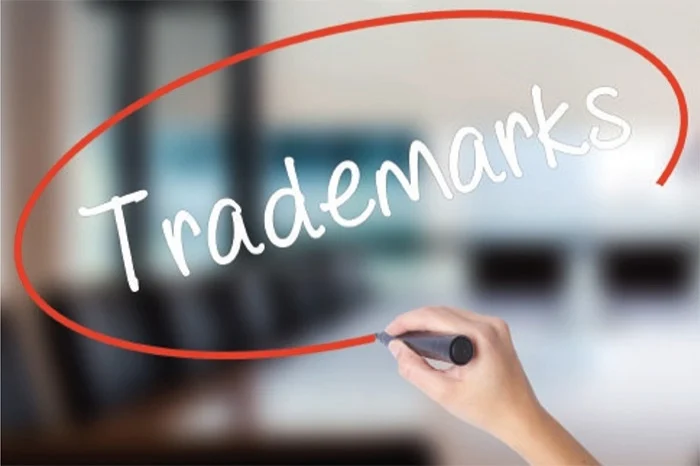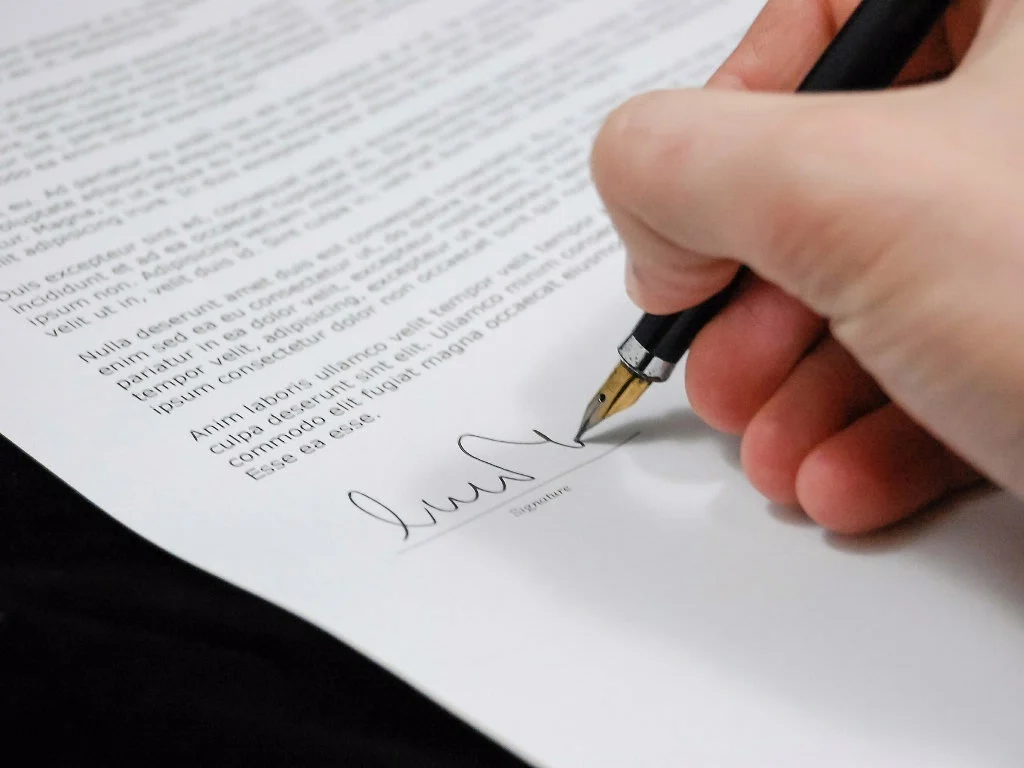Why you need to negotiate fees with your external intellectual property counsel?
Why external counsel?
Protecting intellectual capital needs a real corporate strategy. At the same time, registering a patent or trademark – whether domestic, EU or international – requires a series of complex and often bureaucratic procedures.
It is therefore a good idea, in both patent and trademark cases, to seek the support of an external consultant who is an expert in intellectual property (IP). An IP expert will be able to best monitor the success of the company’s measures to protect their IP, as well as checking patent or trademark registration work, so as to prevent shortcomings.
Stop spending extra money on trademark assignment!
Download our free infographic and find out the correct fee for each country
An expert is also invaluable to the negotiation and subsequent drafting of contracts involving the protection and licensing of a company’s IP. Moreover, hiring external counsel means having an expert constantly available to help you out.
What are the fees for?
IP consultancy has a cost, and, given the complexity of the subject matter, it is often a good idea to agree overall fees in advance, so as to avoid any misunderstandings or unexpected charges in the final bill. It must be noted that the consultancy work in question is complex, becoming more difficult when IP protection has to be extended internationally – fees may thus increase accordingly.
For example, translations may be needed for registration, or the support of other consultants working on additional research in the countries where the trademark is to be registered. Such work is collateral to the core consultancy service and normally incurs additional costs, which can end up increasing the fee level which was agreed at the outset.
This is why it is fundamental to agree on a clear fee structure from the start, by drawing up a budget for comprehensive IP protection, specifying which extras might be incurred. Once this budget is drawn up it should be signed by both sides, as proof of agreed consultancy fees and a guarantee of the charges faced by the client.
Considerations affecting fees:
- What kind of work is to be done?
- How long is the work expected to take?
- How complex is the task?
- How much professional skill is involved?
- How large, including geographical extension, is the operation? If registering trademarks, EU and international marks can be trickier than national registration.
How are fees paid?
To avoid surprises, when going to an external consultant it is a good idea to establish a project fee, which pays the consultant for the work done, as well as for the effort expended in managing complex IP protection.
To align the interest of the consultant and the client as much as possible, fees paid are generally determined on a flat-rate basis in negotiations. Such a flat-rate basis generally amounts to a significant discount from the hourly rate basis, thus equating a greater value for money for the hiring company. The fee is normally the result of a calculation of the number of days spent at the client’s office and days working on the project in the contractor’s own office.
Project fees are not normally tied to the logic of hourly rates, although they keep that parameter as a reference point, project fees are flat fees. It can be paid by the client at specific dates, usually monthly, with possible additions as events require. In any event, it is for the parties together to decide whether to pay all the fees at once, or in instalments, as the consultancy requires.
Bearing this in mind, it is recommended that a comprehensive fee is negotiated between the parties in advance to avoid any nasty surprises when the final bill is filed, taking into considerations the full complexities of the job required. It is also advisable to establish an initial budget and try to not deviate from it, so as to build in cost projections – integral to the successful running of a business.



























